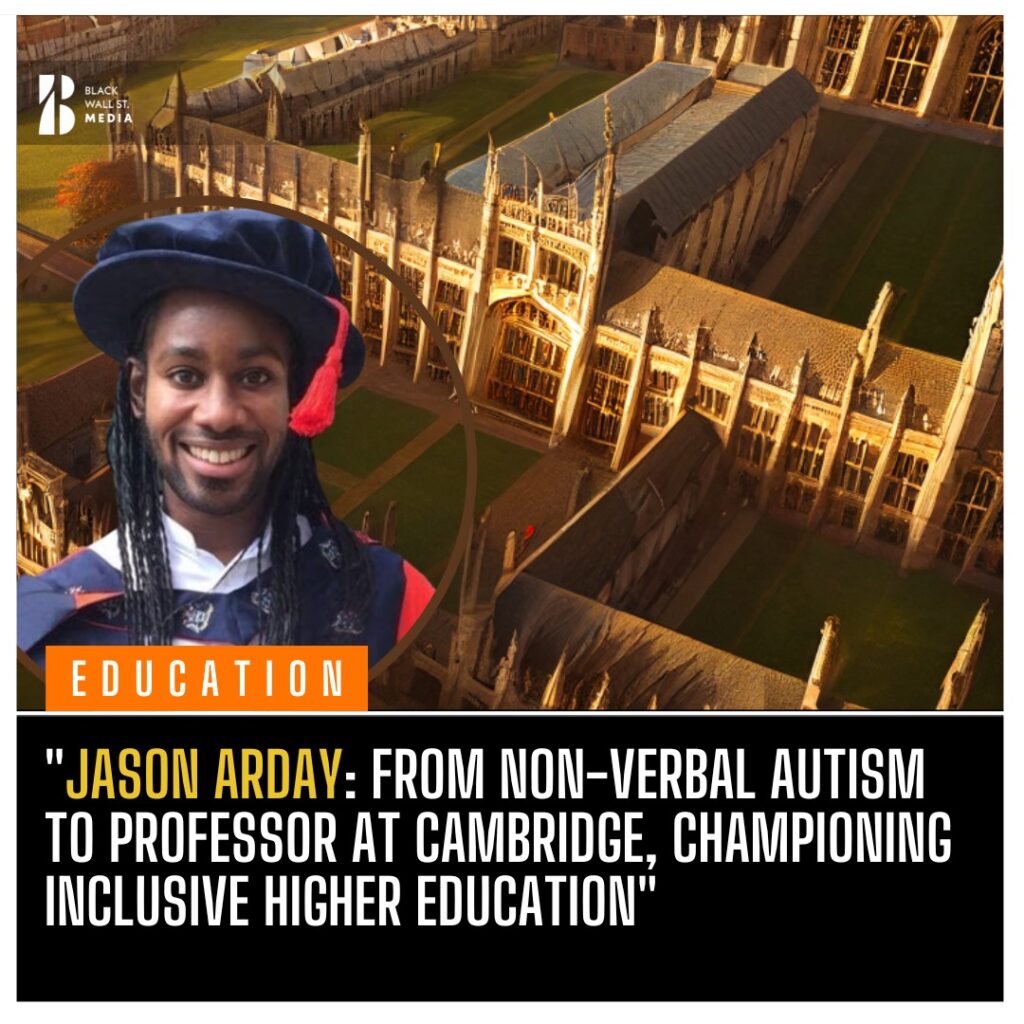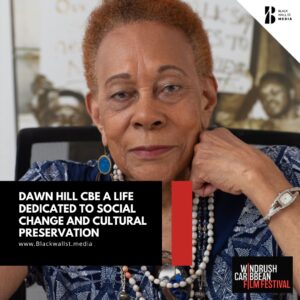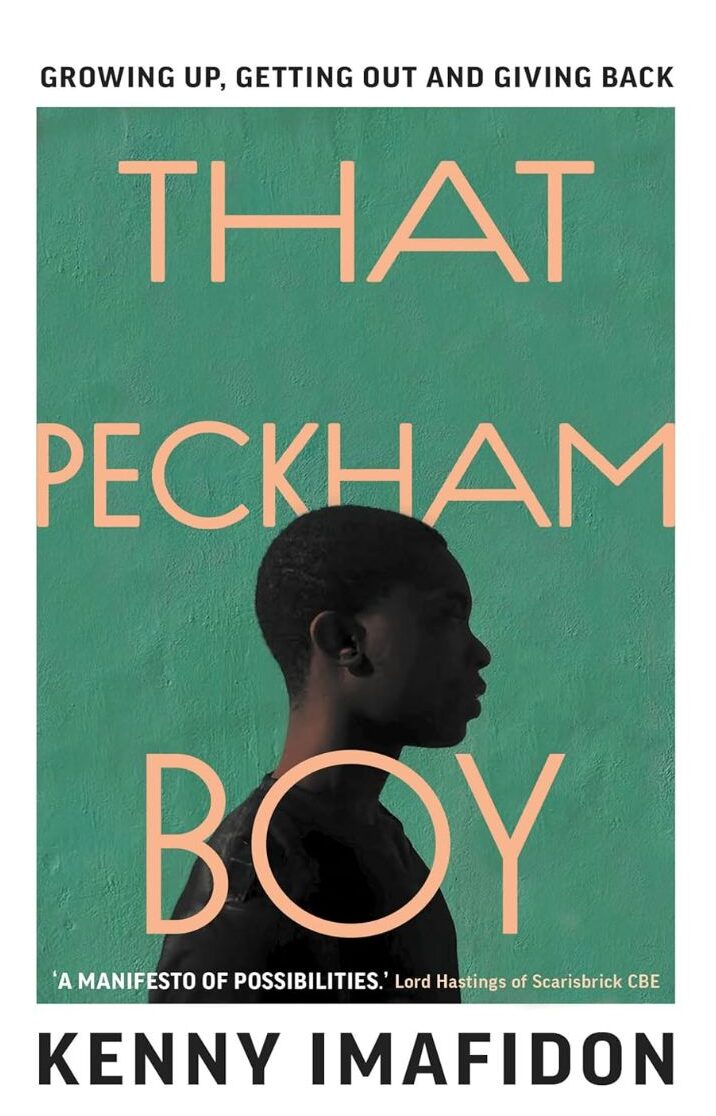
Jason Arday was diagnosed with autism and global development delay at a young age, which made it difficult for him to speak until he was 11 years old and to read and write until he was 18.
Despite these challenges, he was always curious about the world and asked questions about topics like homelessness and war.
Growing up in Clapham, south-west London, he was deeply affected by events like Nelson Mandela’s release from prison and South Africa’s victory in the 1995 Rugby World Cup.
His mother played a critical role in developing his self-confidence and skills, and he eventually went on to study Physical Education and Education Studies at the University of Surrey before becoming a PE teacher.
As a teacher, Arday witnessed first-hand the systemic inequalities that ethnic minority students faced in education.
This motivated him to pursue postgraduate study and become an academic. With the encouragement of his mentor, Sandro Sandri, he began to believe in himself and set his sights on becoming a professor.
Despite the difficulty of navigating academia without much practical training or guidance, Arday persevered and is now on track to become the youngest black person ever appointed to a professorship at the University of Cambridge.
Arday’s interest in popular culture, fostered by his mother’s introduction to a wide range of music, has also influenced his research.
He is passionate about combatting race bias in research and increasing the representation of ethnic minorities in higher education.
 –
–
Stormzy’s support for black students at Cambridge is one example of the progress being made in this area.
Arday believes it is important for ethnic minorities to have access to higher education and is committed to making a difference in this field.
During his days, Prof Arday worked as a lecturer in higher education teaching Physical Education.
In the evenings and at night, he spent his time drafting academic papers and studying sociology.
“When I first started writing academic papers, I had no idea what I was doing,” he admits.
“I didn’t have a mentor, and no one ever showed me how to write. Everything I submitted was rejected outright. The peer review process was so harsh that it was almost comical, but I took it as a learning experience and, in a perverse way, began to enjoy it.”
Eventually, Prof Arday earned two master’s degrees and a PhD in educational studies.
He says he probably realized he was a sociologist around 2015, thinking back on his journey.
He is now on the brink of becoming a professor of sociology of education at Cambridge, making him the youngest black person to hold such a position at the university. Currently, there are only five black professors at Cambridge, and only 155 of more than 23,000 university professors in the UK are black, according to data from the Higher Education Statistics Agency.
Prof Arday is passionate about improving the representation of ethnic minorities in higher education, which is the primary focus of his work.
“My work primarily focuses on how we can open doors to more people from disadvantaged backgrounds and truly democratize higher education,” he explains.
He had his first paper published in 2018 and secured a senior lectureship at Roehampton University before becoming an associate professor of sociology at Durham University.
In 2021, he became a professor of sociology of education at the University of Glasgow’s School of Education.
Prof Arday collaborates with Dr. Chantelle Lewis from the University of Oxford on his current work, which focuses on neurodivergence and black students.
“Cambridge is already making significant changes and has achieved some notable gains in attempting to diversify the landscape,” he says.
“But there is so much more to be done, here and across the sector. The university has some incredible people and resources; the challenge is how we use that capital to improve things for everyone and not just a select few. Doing this right is an art that requires real diplomacy, and everyone has to feel inspired to work together. If we want to make education more inclusive, the best tools we have are solidarity, understanding, and love.” Prof Arday begins his new role on March 6.










